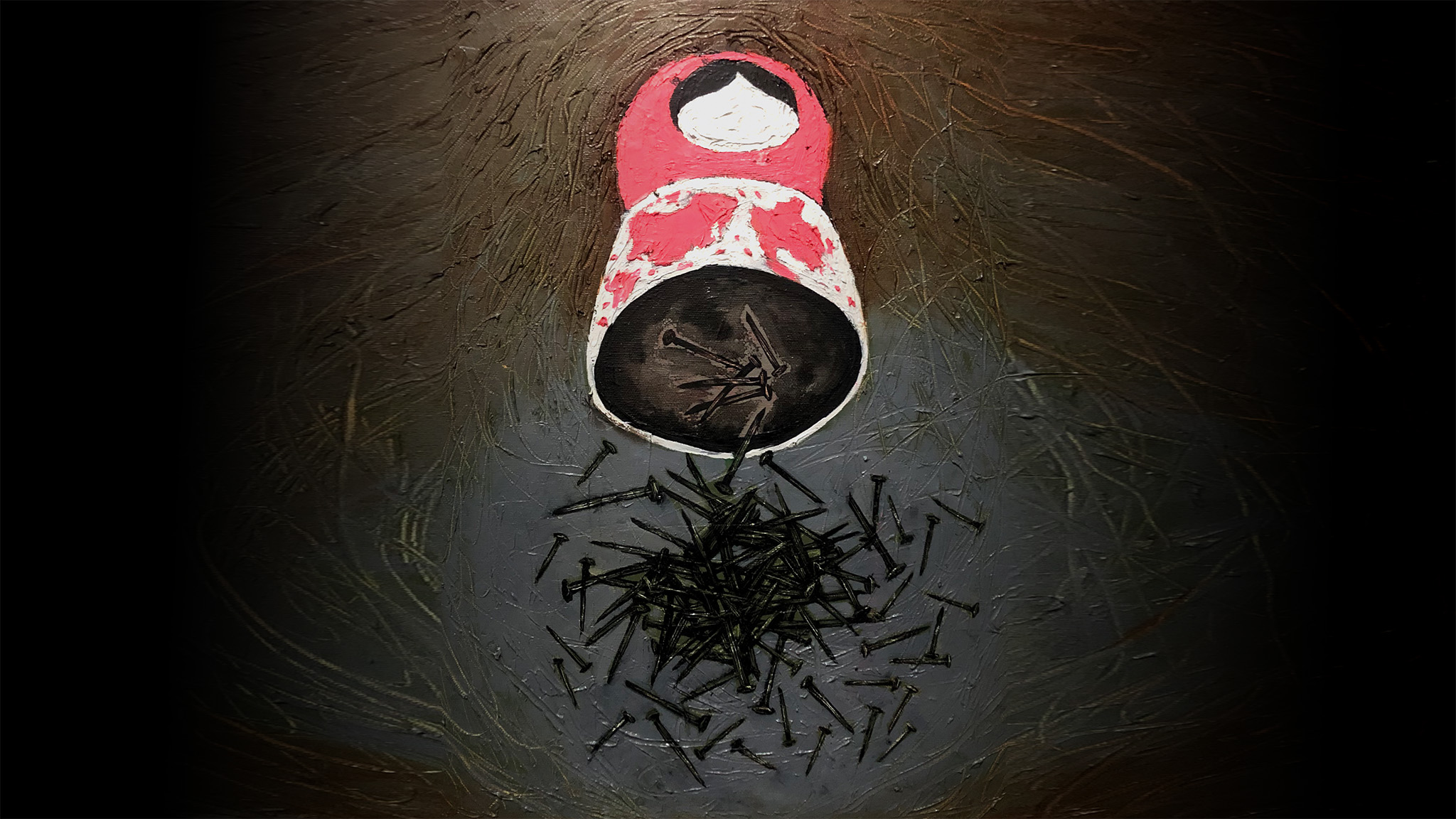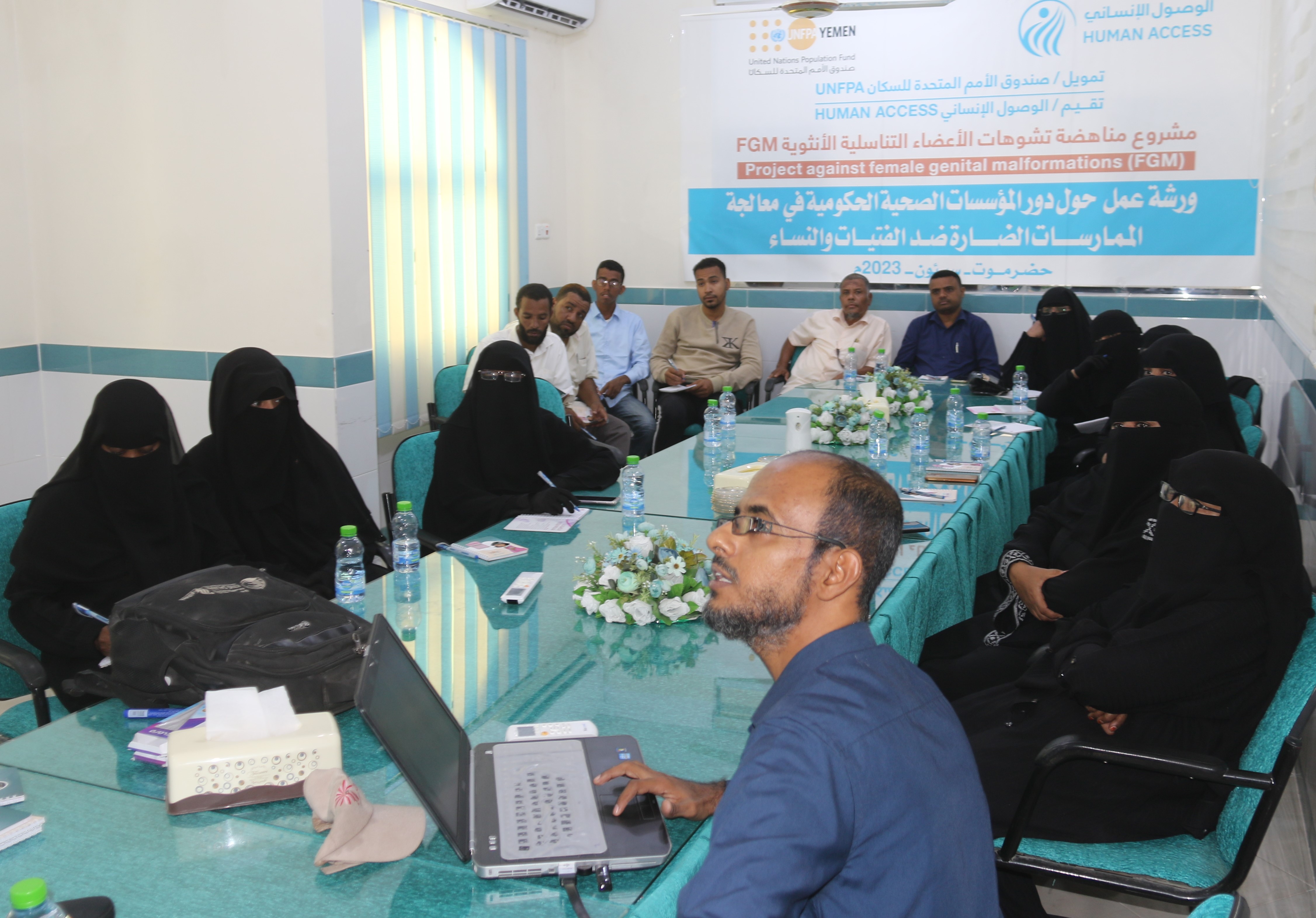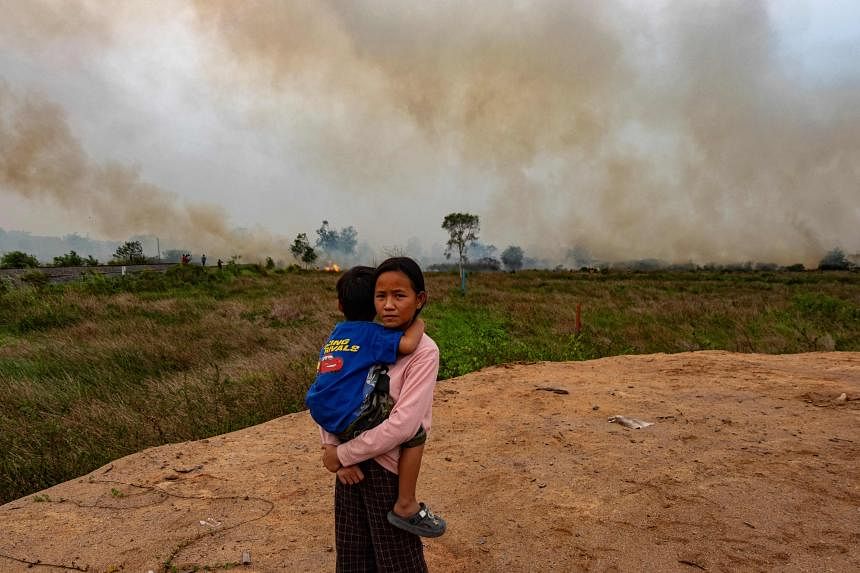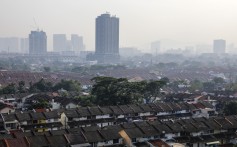In 2022, Russia launched its largest disinformation campaign about chemical and biological weapons, with its origins in Soviet newspaper propaganda. Fake experts and “fact laundering” techniques are used to spread the lies, and Russians have made several “documentaries” about mythical US labs.

The research is illustrated with a painting by Valeria Osina.
New research analyzes Russian disinformation in 2022 related to biological and chemical weapons. While the practice of spreading fakes is not new, Google Trends analysis suggests that Russians may be launching “preemptive propaganda” before special operations or military invasions: Google recorded a dramatic surge in searches for “US biolab” in August 2006, two months before Russian agents in London poisoned Alexander Litvinenko.
The next significant surge occured in July 2008, before Russia invaded Georgia and occupied part of its territory. Before this, significant surges were recorded in January and March 2005, when Ukraine’s president candidate, Viktor Yushchenko, was poisoned under circumstances that have not been fully investigated.

Fake experts and “Genie in a test tube”
Russian media often ask people who have no relevant expertise to comment on the topic of bio labs: political commentators, KGB officers, and pretend experts. One of the most frequently quoted “experts” is Igor Nikulin, who claims to have worked for the UN disarmament commission and calls himself a microbiologist. However, journalistic investigations have been unable to find any trace of him working in UN structures, and former UN expert Richard Butler, for whom Nikulin allegedly worked, told journalists that he did not recall such a thing.
The disinformation campaign about “bio labs in Ukraine” appears to be based on earlier conspiracies in other post-communist countries such as the Lugar Research Center in Georgia and older Soviet propaganda narratives about the alleged artificial creation of AIDS. The “Ukrainian campaign”, however, has become the largest in history: in March 2022, a single Russian outlet could publish dozens of news stories a day manipulating the topic of biological weapons. To promote these narratives, Russians actively used social media, made pseudo-documentaries (such as Anton Krasovsky’s ‘Devil’s Labs’), and even created specialized media, such as the anonymous Telegram channel ‘Genie in a Test Tube’, which writes daily about “American bio labs,” analyzes briefings from the Russian Defense Ministry, conducts pseudo investigations, and even creates short films.
Inside the head of a propagandist, with the help of Victoria Nuland
Russian propaganda seeks to distort facts by emphasizing what may subconsciously cause concern . This practice has been, and continues to be, used to spread fakes about biological, chemical and nuclear weapons. Throughout 2022, Russian Defense Ministry officials accused the US and Ukraine of developing biological weapons, by showing legitimate documents regarding US funding of research institutes in Ukraine and other countries, despite this research funding being used to prevent biological threats.
This is how one of its proponents, Dmitry Kiselev, described this propaganda method: “What do you notice about the grass growing near your house? The average person would say it is green. Will you say that it is flat and sharp? If we engage in propaganda, then we talk about these indisputable characteristics , even though they are not the main features. Then, b ased on the fact that the grass is sharp, we can say that it is, for example, dangerous. You can cut yourself on it”.
One of the most widespread examples of this technique is the use of the words of US Deputy Secretary of State, Victoria Nuland. At a hearing in the US Congress, she said that there are biological research facilities in Ukraine and that the US is concerned that Russia could gain control over them. Nuland then immediately added that she had no doubt that if chemical or biological weapons were used in Ukraine, only Russia could be behind it. However, Russian propaganda continues to mis-use this quote under headlines such as: “US diplomat admits to biological weapons in Ukraine”.
Who spreads Russia’s fakes in the West?
The study analyzed comments on The New York Times’ Facebook posts related to Ukraine. Dozens of comments were found from fake accounts spreading disinformation about “biological weapons in Ukraine”.

Conspiracy theory supporters are often the ones disseminating Russian narratives about biological weapons. In the video titled “A Terrifying Russian Message: Ukrainian Biolabs Creating Specialized Biological Weapons for Ethnic Cleansing,” a woman named Ariyana Love, who introduces herself as a doctor, claims that “Russian messages have always been credible,” and then goes on to recount almost every possible narrative of Russian propaganda about Ukraine. In the thirteen-minute video, she mentions not only bio labs, but also “Ukrainian Nazis,” the Azov regiment, the alleged “ethnic cleansing” of Russians in Ukraine since 2014, and that Covid-19 was allegedly being developed in Ukraine. It is hard to believe that one person can articulate such concentrated nonsense.
Ariyana Love is not a real doctor. On her personal website, she refers to herself as a “naturopathic doctor,” “investigative journalist,” and “goodwill ambassador”. Her public media activities are mostly about Covid-19 conspiracies, and given the number of mistakes she makes, her biological and medical expertise is questionable. There is no mention of any relevant medical education, having in fact studied art and film. Naturopathy is considered by some as a pseudoscientific practice.

Judicial Watch, a conservative non-government organization in America, published documents accessed under Freedom of Information laws on cooperation between Ukraine and the US on non-proliferation. The head of the organization, known for its right-wing activism and disinformation, records a rather emotional video titled “Dangerous Biolab Research Funded in Ukraine” when in fact, the documents refer to the long-standing Biological Threat Reduction Program (BTRP), which has been operating for decades in many countries.
Despite this, Russia went on to use the documents released by Judicial Watch as evidence of “bio labs”. The Genie in a Test Tube channel even conducted an “investigation” based on the documents. This is an example of “whitewashing disinformation” — propaganda trying to pass off its own narratives as those of someone else.
Research concludes that “Propaganda may not be able to create a war on its own, but it can catalyze it, sometimes even making it inevitable. We need to understand that the spread of disinformation, no matter how pathetic and primitive, is a harbinger of mass crimes. This phenomenon must be taken seriously, as it directly provokes the death of a large number of people. It is now almost certain that propaganda is a component of Russia’s genocidal policy against Ukrainians, without which this policy would simply not be possible”.
The full text of the research “Russian Fakes about Biolabs 2022: Words that Hide Actions” is available in Ukrainian and English in the online human rights library of the Kharkiv Human Rights Protection Group.
This publication is based on work supported by a grant from the U.S. Civilian Research & Development Foundation (CRDF Global). The opinions, findings and conclusions stated herein are those of the author(s) and do not necessarily reflect those of CRDF Global.
























 Jaroslaw Kaczynski, the chairman of the Polish governing party, Law and Justice, last week at a campaign event in Busko-Zdroj, Poland.Credit...Piotr Polak/EPA, via Shutterstock
Jaroslaw Kaczynski, the chairman of the Polish governing party, Law and Justice, last week at a campaign event in Busko-Zdroj, Poland.Credit...Piotr Polak/EPA, via Shutterstock


